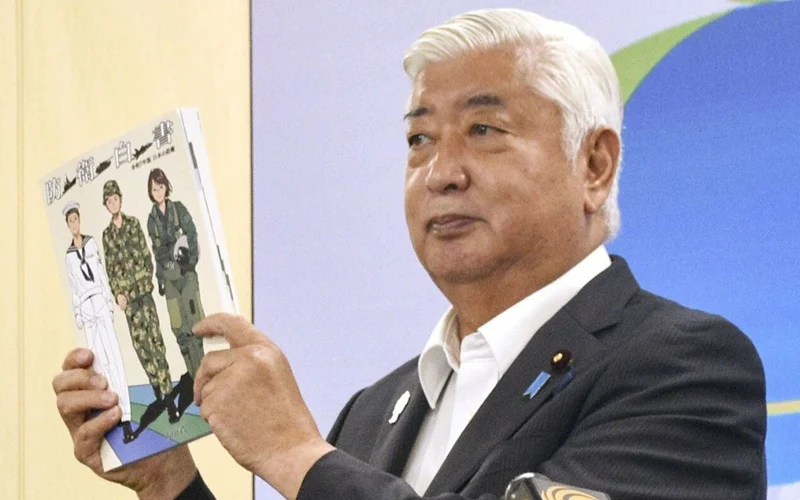Japan lifts last deployment limit on women in SDF as safety improved
Japan's Defense Ministry has removed its remaining work restrictions on female members of the Self-Defense Forces, allowing their participation in nuclear, biological and chemical weapons defense units from August as safety gear has improved, Kyodo reports.

The change at the Ground Self-Defense Force follows those at the maritime and air defense forces.
The GSDF units are responsible for missions, including decontamination and scouting, in areas contaminated with radiological materials as well as biological and chemical agents. Such missions have been linked to the risk of infertility, the reason for the restriction.
Following the 2011 nuclear disaster at the Fukushima Daiichi power plant, triggered by a massive earthquake and tsunami, Japan found it was difficult to carry out decontamination work, such as removing hazardous materials from people affected by the disaster, using only male members of the SDF.
The ministry has determined, following technological advances, that women can safely carry out such work by limiting hazardous exposure through the use of special vehicles and protective gear.
Female personnel were previously excluded from duties involving a heavy physical burden, such as direct combat, but the ministry reviewed its policy in 1993 to promote gender equality in the SDF.
In eliminating their last restrictions, the Air Self-Defense Force opened the door for women to pilot fighter jets and reconnaissance aircraft in 2015, and the Maritime Self-Defense Force allowed women to join submarine crews in 2018.
The GSDF also expanded its deployment of women, including to combat vehicles, in 2017.
Earlier, it was reported that Japanese women has topped global life expectancy for the 40th straight year.
